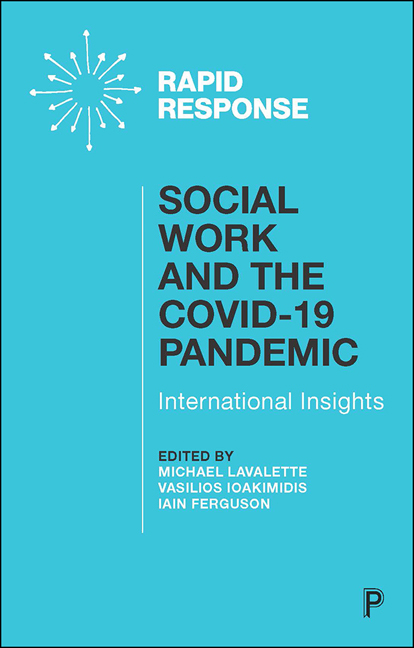1 - Capitalism, the Ecological Crisis and the Creation of Pandemics
Published online by Cambridge University Press: 23 March 2021
Summary
The year 2019 marked another dreadful year for our planet. The five hottest recorded years of our existence have been the last five (2015, 2016, 2017, 2018 and 2019); the last decade the hottest ever (Milman 2020). According to a report from Christian Aid, there were 15 extreme climate disasters in 2019 each of which cost over $1bn (with seven of them costing over £10bn each [Christian Aid 2019]). The Christian Aid report came out in December. The following month our television screens were full of terrifying images of Australian bush fires running out of control (ABC 2020), Brazilian rainforests experiencing unprecedented fires (often deliberately set by farmers and logging companies) (Wood 2020), flash-flooding in Indonesia displacing 60,000 people (Leung 2020) and swarms of locust driving through East Africa and parts of Asia eating crops and threatening populations with starvation (Gilliland 2020).
These scenes, and particularly the hellish, nightmare vision from Australia, combined with the heroic school strikes to defend the planet and protests by Extinction Rebellion activists, once again pushed the climate crisis to the centre of world politics.
Yet within a month, the climate crisis had disappeared from the world media's gaze as they focussed on the frightening spectre of the COVID-19 pandemic.
COVID-19 is a coronavirus (CoV). Coronaviruses are a large family of viruses that cause illnesses, ranging from the common cold to severe diseases such as Middle East Respiratory Syndrome (MERS). In their range, coronaviruses cause coughs, fevers and a range of breathing difficulties. In more severe cases infection can lead to pneumonia, kidney failure, heart failure, severe acute respiratory syndrome – and death. As Parrington (2020) notes:
Viruses can cause vast human suffering and death, as well as social and economic dislocation. However, they are also the simplest forms of life … Be that as it may … viruses are at the root of some of the most infectious and lethal diseases that afflict humanity.
The world's media focussed on the spread of this frightening new disease. It was portrayed as an almost unpredictable, random event, a quirk – or (with clear racist overtones) as a result of peculiar Chinese eating habits. The epicentre of the virus was Wuhan Province in China and the ‘wet-markets’ of the region were identified as the source of ‘zoonotic transmission’ (zoonosis is the process whereby viruses and diseases transfer from one species to another).
- Type
- Chapter
- Information
- Social Work and the COVID-19 PandemicInternational Insights, pp. 9 - 16Publisher: Bristol University PressPrint publication year: 2020

